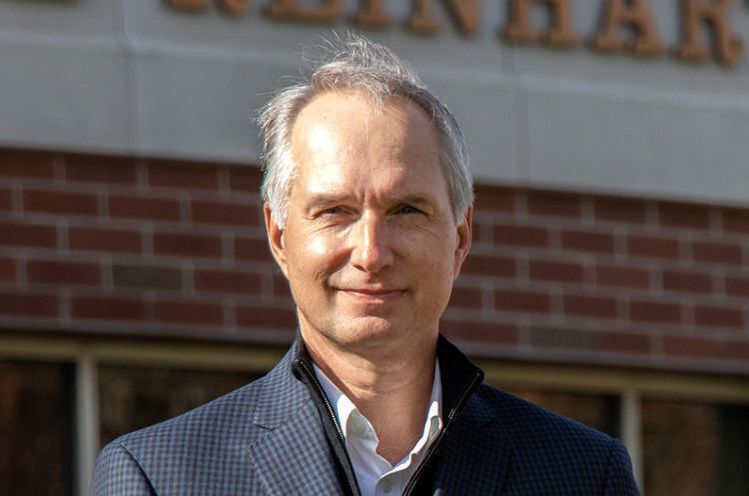Richard Kyte: Humility is required for living a good life
In a society obsessed with status, humility is the hardest virtue to cultivate.
Gary is married with three grown children. He has been successful in his career, is close to paying off his home, and he hopes to retire sometime in the next five years. He belongs to a church that he attends occasionally, plays golf regularly with a group of guys he has known since college, and he watches the same few national news programs every week.
He thinks the world is going nuts.
Hannah recently graduated from college. She has a job in the tourist industry but does not consider it a career. She hopes to go back to school as soon as she figures out what she wants to do. She is a vegan, uses “she/her” pronouns, and buys clothes mainly from secondhand stores. She considers herself to be “spiritual” but not “religious.” She is quick to join protests and does not belong to any well-established organizations.
She considers the political system hopelessly corrupt.
Hannah thinks people like Gary are the biggest problem with our society today. She believes he is out of touch, someone who has benefited from systemic inequities and is so blinded by his privileges that he resists any meaningful change.
Steve thinks Hannah is naïve, a result of being raised in a society that gave her advantages without requiring her to work for them. He believes her teachers have filled her head with theories about social justice that have no connection to how the world actually works.
Neither Gary nor Hannah associate regularly with people unlike themselves, so they rarely have a genuine discussion with anyone who disagrees with them on important points.
Both Gary and Hannah are obsessed with status. For Gary, the measure of status is his family, his house, the opinion of his customers, his neighbors, his boss and his direct reports. For Hannah, the measure of status is what she calls her “identity” — who she hangs out with, what she wears, what she eats, the attitudes she expresses, the words she uses.
If questioned, both would insist they are not at all concerned with status. It is true that neither of them thinks consciously about status on a regular basis, but they are highly sensitive to any criticism regarding their respective status markers. They are always keenly aware of what others think of them, about where they stand in relation to others.
Neither of them thinks much about humility, because their identities have no grounding. They have no standards outside of their own feelings or the opinions of others against which to measure their self-worth. Through no real fault of their own, Gary and Hannah are afflicted with pride, and their pride makes them foolish.
Compare their situation to that of Carol, who happens to be Gary’s mother and Hannah’s grandmother.
Because she was the oldest girl in a large family, she spent much of her childhood taking care of her younger brothers and sisters. Later in life, her days were taken up with many types of service — to her family, her workplace, her church.
She rarely held positions of authority, so she never got comfortable telling others what they should think or do. Instead, she learned how to listen and developed the ability to feel what others were going through even when they were not expressing it.
She also developed the habit of introspection, formed in part through the lifelong ritual of weekly confession at her church, asking herself whether she had acted with love and understanding toward others, whether she had been truthful in her thoughts and speech, whether she had lived up to the standards she and her community professed.
She watches the evening news and reads the local newspaper to keep up to date with what’s going on. She is concerned about the state of affairs in the world but slow to point a finger of blame.
Carol has the virtue of humility, though if you asked her, she would deny it. She would point to her many shortcomings and tell you, with specific examples, of the many people she knows who are truly humble. She thinks humility is one of the greatest virtues.
Carol is right. Humility is essential to the well-being of both individuals and groups.
The old saying, “pride goes before a fall,” points to the fact that a person who lacks humility is liable to make errors of judgment that result in failure of one sort or another. When an entire society stops believing in humility, and consequently stops attending to the conditions that nurture and sustain it, bad things are sure to follow.
Virtues are cultivated within communities that encourage the development of appropriate habits. In that way, virtues are highly dependent on social structures.
Humility is cultivated only within the context of communal self-questioning, in which one is routinely asked questions like, “what do you know?”, “how do you know it?” and “are you living up to the standards you expect of others?” Because these questions are so difficult to ask of ourselves, we need to live within communities of people who will ask them of us.
Any nation that aspires to be great should attend first and foremost to cultivating the habits that result in humility among its people. To do otherwise is to court the inevitable consequences of pride.

